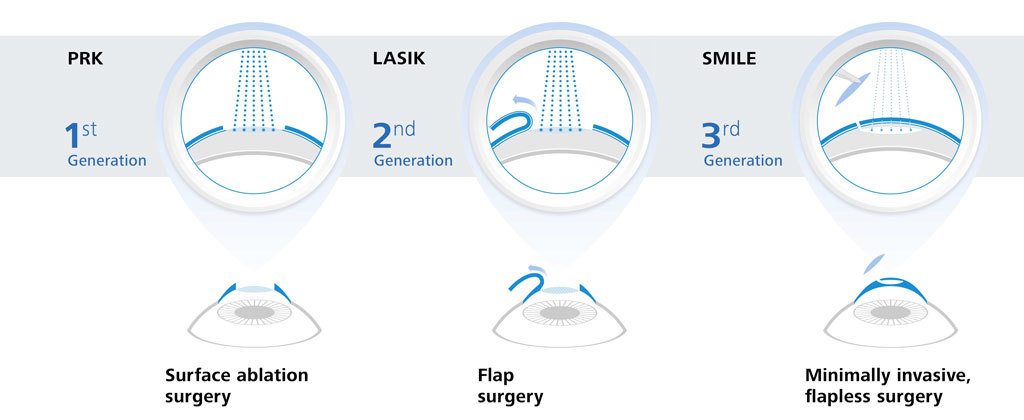The Reality Concerning Refractive Lens Exchange: What Your Ophthalmologist May Not Disclose
The Reality Concerning Refractive Lens Exchange: What Your Ophthalmologist May Not Disclose
Blog Article
Material Writer-Hopkins Andreassen
Have you ever thought about Refractive Lens Exchange (RLE) as an alternative for vision modification? While it isn't as widely discussed as LASIK, RLE could be a game-changer for your eyesight. Many people forget its benefits, believing standard techniques are their only selection. Yet what are the genuine advantages, and what might your optometrist not be telling you regarding this treatment? Allow's discover the ins and outs of RLE with each other.
Understanding Refractive Lens Exchange: The Basics
Refractive lens exchange (RLE) is a surgical procedure that can considerably improve your vision, especially if you're dealing with presbyopia or severe refractive errors.
Throughout RLE, your eye specialist eliminates your eye's natural lens and changes it with a fabricated one tailored to your vision requires. This procedure can fix nearsightedness, farsightedness, and astigmatism, offering you clearer vision without counting on glasses or get in touch with lenses.
The surgical treatment is normally fast, taking less than an hour, and the majority of clients experience marginal pain. Recuperation is reasonably fast, enabling you to go back to your everyday activities shortly after.
If you're thinking about RLE, seeking advice from your ophthalmologist can aid you identify if it's the best choice for you.
Key Differences In Between RLE and Conventional Cataract Surgery
While both refractive lens exchange (RLE) and standard cataract surgery entail changing the eye's all-natural lens, their key goals and patient profiles vary considerably.
RLE is aimed at people seeking to minimize their reliance on glasses or contact lenses because of refractive mistakes, typically prior to cataracts develop. In contrast, conventional cataract surgery commonly targets clients who've created cataracts, which shadow the lens and hinder vision.
The lenses used in RLE can provide a more comprehensive range of vision improvement, while common cataract surgical procedure normally entails basic monofocal lenses.
In addition, RLE prospects are commonly more youthful and in great total health and wellness, whereas cataract individuals might be older and have other wellness worries.
Selecting the appropriate treatment depends upon your specific vision requirements and scenarios.
Potential Benefits and Considerations of RLE
If you're thinking about refractive lens exchange (RLE), you'll discover numerous possible advantages that may boost your quality of life.
RLE can offer you with more clear vision, reducing or eliminating the requirement for glasses or contact lenses. It supplies an opportunity to resolve presbyopia and other refractive mistakes simultaneously, commonly improving your overall visual acuity.
In addition, RLE can be a fantastic option if you're not an appropriate candidate for LASIK. Nonetheless, it's important to weigh the factors to consider, like the expense, possible threats, and the recovery duration.
Reviewing your details requirements with your eye doctor can help you make a notified choice, guaranteeing you select the most effective course for your vision adjustment.
Final thought
To conclude, refractive lens exchange provides a distinct solution for vision modification that surpasses what LASIK can provide. just click the following web page to consider the benefits versus possible dangers and prices before deciding. Do not think twice to ask your eye doctor the challenging questions to guarantee you completely comprehend the procedure and its ramifications for your vision. With the best info, you can with confidence select the best option for your eyes and lifestyle.
